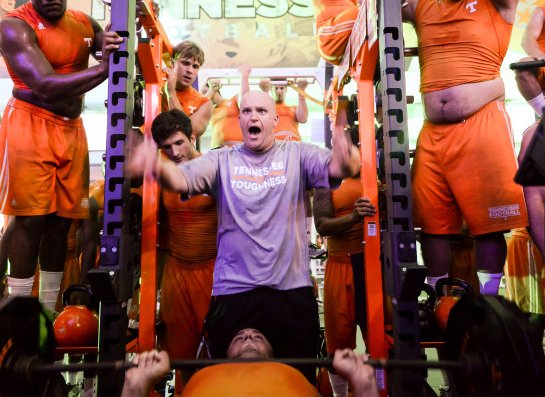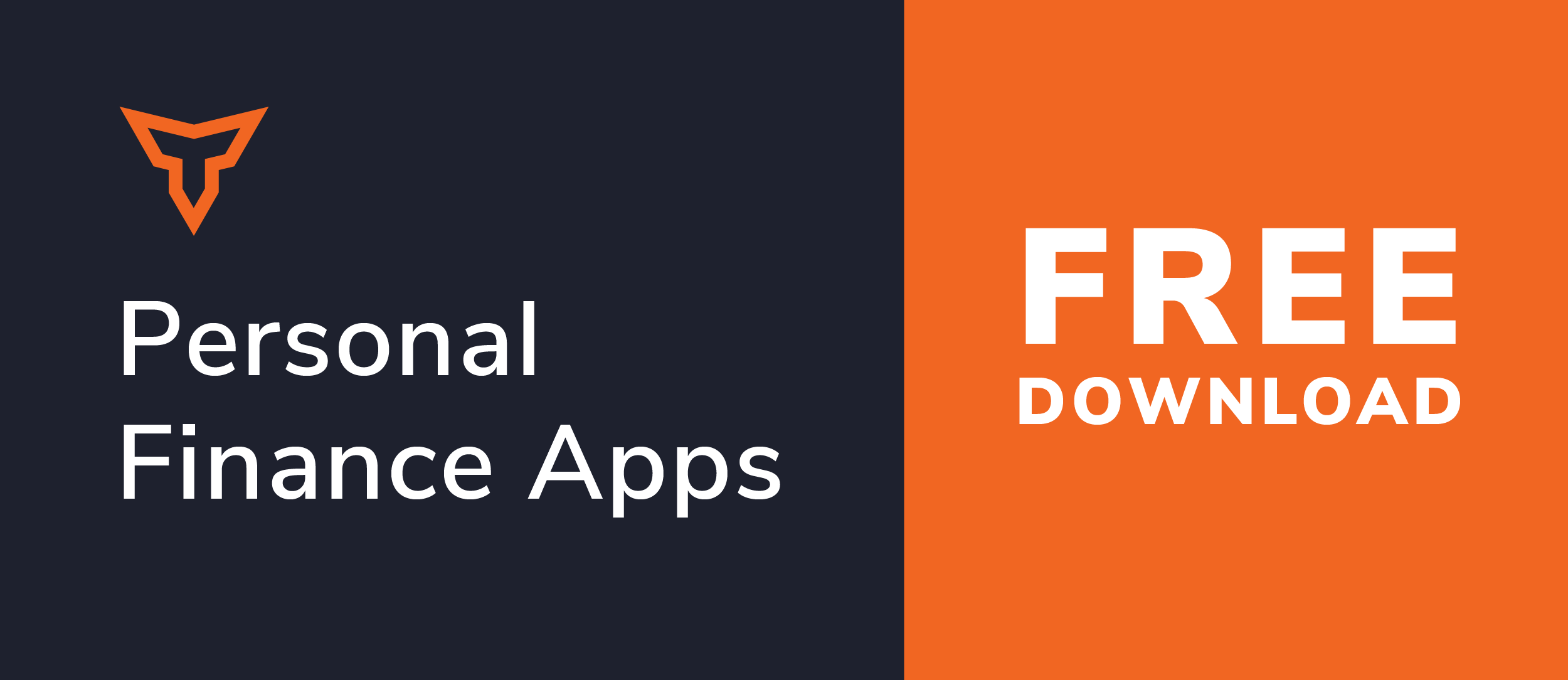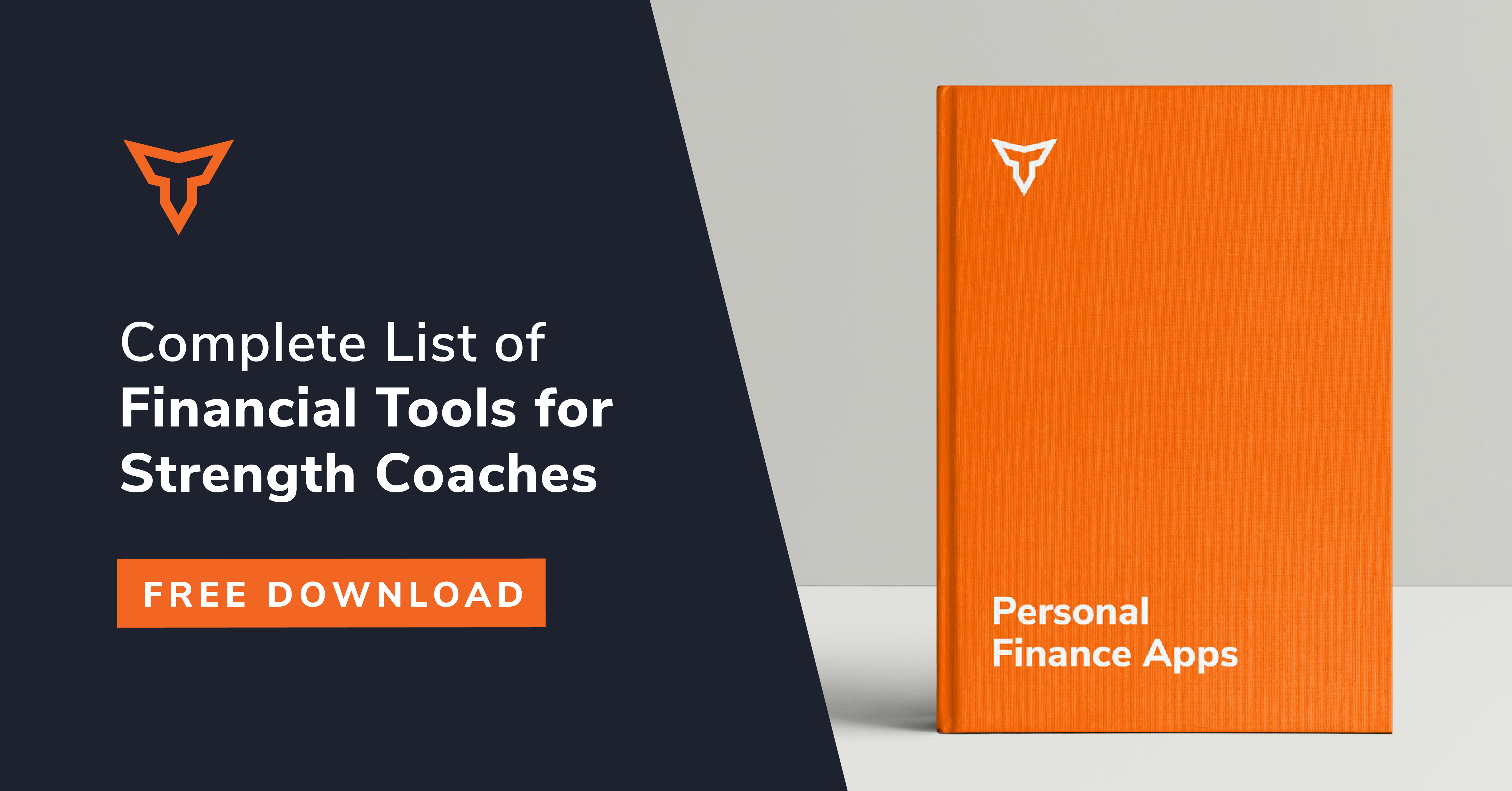How To Manage Your Money as a Strength Coach (Part 2)
Have you started describing yourself as being good with money yet? In the first part of this article talked about the reasons to set up an emergency, freedom, and good human accounts. This article is going to expand on those ideas and give you some more tips and tricks for how to manage your money as a strength coach. Before you get started here make sure you take a few minutes to read that article. You can find it right here. Have you read it? Good, let's get going then.
First things first, it's hard to talk about money without talking about budgets. For some reason, I’ve met plenty of people that get really uncomfortable whenever the idea about having a budget gets brought up. It's probably the same reason why people get uncomfortable when the conversation about having a diet comes up. I assume these people get worked up for one of two reasons: Either they know they should be doing better and are choosing not to. Or they are put off because it is going to require some sort of discipline and they don’t want to experience that pain. It’s OK because if you are reading this, then you are not one of those people, are you are willing to have the honest conversation to look at where you are at today so you can get to where you want to be tomorrow. Feel better? Good, let’s talk about your budget.
Coming up with a budget is an easy idea after all, it's simply knowing how much money is coming into your wallet and what you are spending it on. The hard part is keeping a budget. We’ve all been there before. You’ve budgeted $20 for the week to spend on getting a coffee for a middle of the day pick me up, but today is Wednesday and you’ve already spent your $20. You see on your calendar that on Thursday morning a meeting has been scheduled with some friends at the local coffee shop at 10 A.M. What are you going to do? Stay at work or, are you going to the coffee shop? Well, your budget says you are out of money so you should stay at work, but it's your friends and your favorite coffee shop. Sure, this example might not directly apply to you but it gives a glimpse of what a budget and its biggest challenge, which is discipline. In the coffee shop example, ultimately if you decide to go, you have to take money from somewhere else in order to have that experience with your friends. This is the challenge of having a budget.
Here is the easiest way of making a budget. The first step is to get a bunch of envelopes. By envelopes, I mean the standard white envelope that you mail letters in. On each of those write down the category you are going to spend money on. Like:
- Rent
- Food
- Gas
- Insurance
It doesn’t matter what you are going to spend money on, but you have to write it down. The next step is deciding how much you are going to budget for those and then write it down on the envelope. On payday, get down to the bank and withdraw the total amount of money you need to fill those envelopes. And just like that, you have now created a cash budget. For everyone out there who has never had a budget, I always recommend using this envelope and cash system, simply because once you’ve spent the money in your envelopes it's gone. I understand that many of you reading this have credit or debit cards that you’ve been using for a while. So let me ask you a simple question. Why do you think there are credit card readers everywhere? Is it because all these stores want to make the shopping experience more convenient for you? Nope. Guess again. Do they do it because you spend more money when you use a credit or debit card instead of cold, hard, cash? You better believe it. Dun and Bradstreet’s study of McDonald’s found that when their customers paid cash for their order, they spent an average of $4.50. When they paid by card the average expense was $7.00. The take home is that people spend more when they use a card instead of cash. That’s why I recommend that when you are first started with your budget use the envelope and cash method. Doing this and only spending the money that you currently have is going to quickly separate you from other people because you are not going into debt buying things you cannot afford. The average American household has $6,929 in credit card debt, which means even if they have the lowest interest rate of 15.25%, they need to pay $1,039.35 just to cover their interest each month. That is a huge problem. And we all can agree that the best way to deal with a problem is before it ever comes up. So stick to spending the money that you have in your pocket, or envelope.
It’s impossible to be good with money unless you can master a budget though. Like I said in the first article, don’t worry I’m here to help you figure this out. Now that you have the basic idea of a budget, you just have to use the discipline to follow through with it. Assuming you have mastered that, the next step is going to show you how to manage your money as a strength coach while feeding your emergency, freedom, and good human account. Ready? Good, so am I.
If cash is the best way to work your monthly or weekly budget, then this is going to be a mind-shift for you. In order to feed your accounts, you need to take all temptation and thought out of increasing your saving accounts. I’ve tried a few ways of doing this before. After all, I had the same envelope system you are going to do, and there was even an envelope set aside for my emergency account. I thought that I’d put cash into that envelope and then I’d use an old protein tub with a hole cut into the top as sort of a piggy bank for my loose change. I had the best of intentions to watch my emergency account grow by of putting my money in the envelope and to make it grow even faster I was going to use all my change too. At first, everything was working just the way I wanted it to. Then I needed to do laundry and was out of quarters for machines, so I raided my change container. The plan was to cash out some quarters and to drop a few dollars in the container to cover what I was taking out. But I was out of cash. Soon I needed to raid the emergency account envelope because I needed a new pair of work pants. Before I knew it, my emergency account money was gone and even worse; I owed myself money which I wasn’t paying back.
That is when I decided in order to really fund my other accounts, I could not rely on my own determination and willpower. I needed a way that would make automatic deposits for me and I would have these deposits in a bank in a city a few miles away. I chose that last stipulation simply as a small barrier to keep me from “accidentally” making withdrawals. Of course, I started this back in the day, where there were not all the online banking tools or the handy money apps that you could simply link your bank account to. I’ll give you some tools you can use in a little bit, but the ideas of automatic deposits and having a barrier to withdraw from these accounts are still the same.
Before I share the list of apps and websites that will make your financial life easier, keep in mind a few things. We are talking about online applications that are going to link directly to your financial accounts. If that thought doesn’t scare you a little, then you need to stop right now. That’s right. Stop right here, right now. Instead of reading about financial skills you need to take a good hard look at your own security plans. Here are two good places to start. McAfee’s 10 tips to staying safe online, or US News and World Report Tips to Keep Your Online Banking Accounts Secure. There are a lot of bad things that can happen when you are not careful online, and when you link all of your financial accounts, so do us both a favor and pay attention to those tips. So without any further ado, here are just three of the online tools I use and recommend.
Fundrise. Warren Buffett's first rule of investing is, Don’t lose money. While that seems to be so common sense, that advise has made me stop and rethink several of my ideas. One of those ideas is to invest in things that people want, but isn’t being made fast enough to keep up with demand. Land just happens to be one of those things. Everyone needs a place to live, and they are not making new land anymore, right? What Fundrise does is let you be a micro-investor in property management groups all of the United States. While this does let you start in the real estate market it is require you to put more skin in the game to get started. $500.00 in fact.
Honey. OK, Honey is not an investment app and is not going to make you money. What it will do is save you money. If you shop online, you need an app like this. Honey automatically searches all the discount codes on the web for you and finds the one(s) that work which lets you figure out which is the best deal for you. More often than not, I either get a code for free shipping or get 5-10% off of my order. Oh, yeah. This also works on Amazon and Bodybuilding.com, too.
Swagbucks. While Honey saves you money, Swagbucks is going to reward you for shopping online. When you run this app and the website is partners with Swagbucks you get a percent of your purchases back in Swagbucks which you can redeem for gift cards or pre-paid debit cards. If you are going to start with the envelope and cash budget system and no going to do any online shopping, don’t worry. You can earn Swagbucks by taking surveys or by watching and providing feedback on videos. Over the course of a year, I had earned enough rewards that I was able to pay for all of my Christmas presents for my family by cashing in my Swagbucks in December. That was a win-win. I didn’t need to spend any of my own money and I didn’t need to raid the equipment room for last minute gifts.
Subscribe to our blog
Subscribe to receive the latest blog posts to your inbox every week.
Related posts

How To Manage Your Money as a Strength Coach (Part 1)

3 Ways TeamBuildr Saved Me Time, Money, or Both



